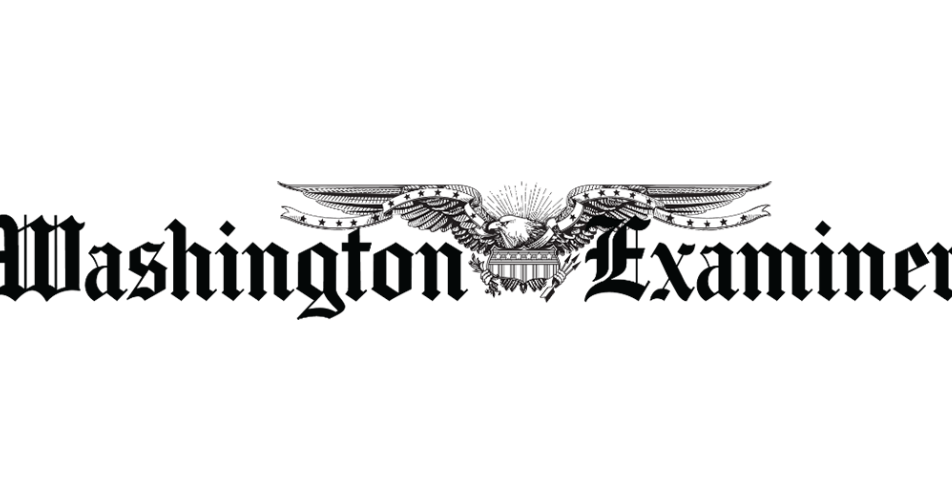In a striking display of political devotion, Republican lawmakers have consistently put forth legislative proposals aimed at immortalizing former President Donald Trump, signaling a profound determination to elevate his status among America’s most revered leaders. These ambitious efforts range from renaming prominent national landmarks and transportation hubs to seeking the creation of new currency denominations and federal holidays, underscoring a significant trend within the contemporary political landscape to honor the former commander-in-chief in unprecedented ways. The sheer volume and diverse nature of these legislative ideas highlight a focused campaign by certain Republican lawmakers to cement Donald Trump’s legacy.
Among the most notable initiatives is the proposed renaming of the esteemed John F. Kennedy Center for the Performing Arts to the “Donald J. Trump Center for Performing Arts.” This bill, introduced by Rep. Mark Alford (R-MO), sparked considerable debate. Supporters, including Alford, argue that Trump, as chairman of the Kennedy Center’s board, has been instrumental in preserving artistic integrity, ending “woke programming,” and improving the institution’s financial health, thereby justifying such a significant renaming. This move represents a direct attempt to associate Trump with cultural institutions.
Furthering the legislative drive to honor the former first family, other House Republicans have explored altering the opera’s name to the “First Lady Opera Center.” This amendment, proposed by Rep. Mike Simpson (R-ID), gained some traction within the House Appropriations Committee, passing with a 33-25 vote. However, the proposal faces substantial opposition, particularly from Kennedy Center personnel who cite a standing prohibition against renaming facilities after December 2, 1983. The Kennedy family has also vocally criticized both pieces of legislation, labeling them as “petty efforts” and expressing strong disapproval.
Beyond federal institutions, the movement to honor Donald Trump has extended to local jurisdictions and transportation networks. Earlier this July, the Palm Beach County, Florida, Board of Commissioners unanimously approved renaming a street as “President Donald J. Trump Boulevard,” reflecting local support for similar presidential tributes. Concurrently, Rep. Greg Steube (R-FL) put forward a bold proposition in May to rename the entire Washington Metro system after Trump and his “Make America Great Again” (MAGA) slogan. This would transform the Washington Metropolitan Area Transit Authority into the Washington Metropolitan Authority for Greater Access, with the Metrorail trains famously dubbed the “Trump Train.”
Another significant proposal, introduced merely three days after Trump was sworn into his second term, sought to rename a major international travel hub. Rep. Madison Cawthorn (R-NC) championed the renaming of Washington Dulles International Airport to “Donald J. Trump International Airport.” This proposal underscores the desire among some Republican lawmakers to assign Trump’s name to critical infrastructure, a move typically reserved for figures of long-standing national historical significance, further solidifying the perception of an ongoing effort to enshrine his name in public spaces.
The scope of these Trump-era legislative aspirations even reaches into international recognition, with several lawmakers advocating for Donald Trump’s nomination for the Nobel Peace Prize. Figures such as Benjamin Netanyahu have publicly championed this cause, citing Trump’s role in forging the Abraham Accords and his alleged contributions to peace in various regions. This push for a Nobel accolade highlights a broader effort to frame Trump’s presidency as one of impactful international diplomacy and peacemaking, positioning him alongside past American presidents who have received the esteemed award.
Perhaps the most audacious proposals involve reimagining American currency. Rep. Nick Gill (R-TX) introduced legislation to feature Donald Trump’s portrait on the $100 bill, effective after December 31, 2028. Gill asserted that Trump had done more than anyone to usher America into a “golden age.” In a parallel effort, Rep. Claudia Tenney (R-SC) introduced a bill in February to create an entirely new denomination: a $250 bill, complete with Trump’s likeness. This proposed currency, hoped to coincide with the 250th anniversary of the Declaration of Independence, reflects a deep conviction among some that Trump’s contributions are unparalleled and warrant such an extraordinary tribute.
Beyond physical monuments and currency, there are also calls to honor Donald Trump with national observances. Rep. Tenney, alongside Rep. Anna Paulina Luna (R-FL), has advocated for designating Trump’s Birthday and Flag Day as a federal holiday. This aims to permanently enshrine Trump’s impact on American greatness, positioning him alongside iconic figures like George Washington and Abraham Lincoln. Additionally, Luna has displayed models in her office depicting a redesigned Mount Rushmore featuring Trump, albeit this particular bill has seen little progress, underscoring the varying degrees of success for these political legislation efforts.
While these numerous legislative efforts have garnered significant support from Republican lawmakers and enthusiastic endorsements from Donald Trump himself—who has praised these proponents as “Trump Warriors”—they have also drawn sharp criticism. Democrats, in particular, view these initiatives as “embarrassments,” arguing that they distract from more pressing issues facing American citizens. This ideological divide underscores the deeply polarized nature of these presidential tributes and their reception within the broader US Congress.





Leave a Reply